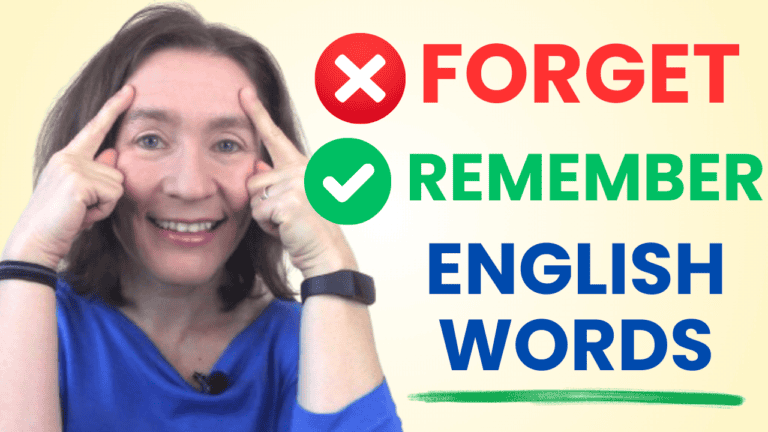
Hello everyone! A lot of English learners are curious about the word “shall” – is it the same thing as “will”? When exactly do we use it? I’ll answer those questions in today’s lesson.
Shall is similar to “will” because it talks about the future:
- I shall call him tomorrow.
- I will call him tomorrow.
- We shall arrive on Friday.
- We will arrive on Friday.
However, in modern American English, shall is almost never used to talk about the future.
It sounds very formal, and we pretty much always use “will” or even more commonly, the short form:
- I’ll call him tomorrow.
- We’ll arrive on Friday.
In British English, you might hear “shall” used a little more often to talk about the future, although the trend is actually moving more towards “will” in British English as well.
There are still a couple places in which Americans use “shall,” though. I can think of three examples:
- When we want to ask a question with a little more “formality”: a common example is at a wedding or a formal dance, one person asking another, “Shall we dance?” – it sounds more elegant than “Wanna dance?” which would be an informal way to ask it. Or at the beginning of a business meeting, the leader might say, “Shall we get started?” In this case the more informal way would be “Should we get started?” or simply “Let’s get started.”

- The second case is in legal language, “shall” can be used for obligations/requirements – for example, “Workers shall wear protective equipment at all times.” And “shall not” is used for things that are prohibited: “The company shall not discriminate on the basis of race or gender.” However, some people within the legal world are encouraging these to be replaced with must / must not since these sound “stronger” and more certain.

- And finally, you’ll occasionally hear “shall we?” used as a question tag after statements with “let’s.” So the businessperson beginning a meeting could say, “Let’s get started, shall we?” – it’s a way to make a suggestion (using let’s) and then request acknowledgement (shall we?). But in more informal, everyday English, many people would simply use “okay?” as the question tag. For example, “let’s take a coffee break, okay?” or “let’s leave as early as possible tomorrow morning, okay?”

So, let’s finish up, shall we?
I hope this lesson has helped you understand when people sometimes use “shall” and what it means, as well as the alternatives which are becoming more and more common nowadays, especially in American English.
If you’ve got a question about a word or a phrase, please let me know, because I love getting ideas from students about tips and lessons to create in the future.
And if you want to take your English to the next level, check out my courses and e-books at EspressoEnglish.net because they can help you improve your speaking, understand better when listening, expand your vocabulary, and so much more!










